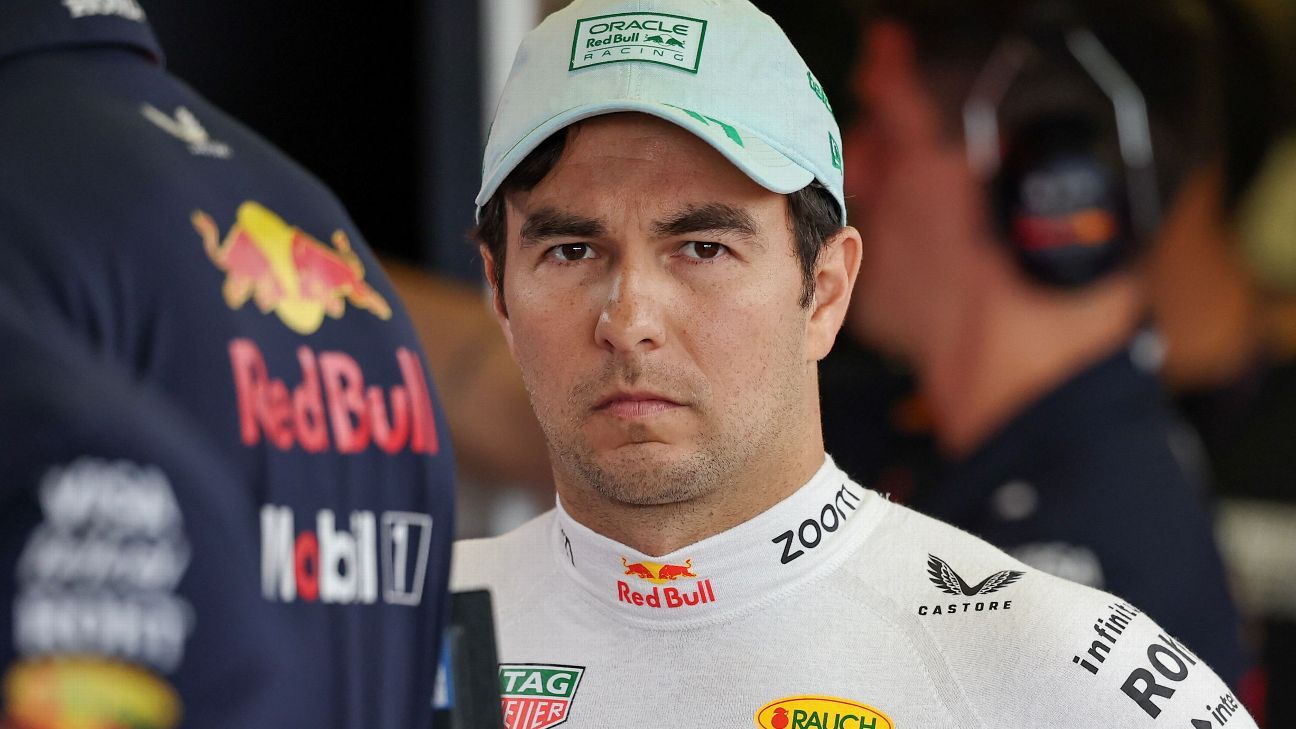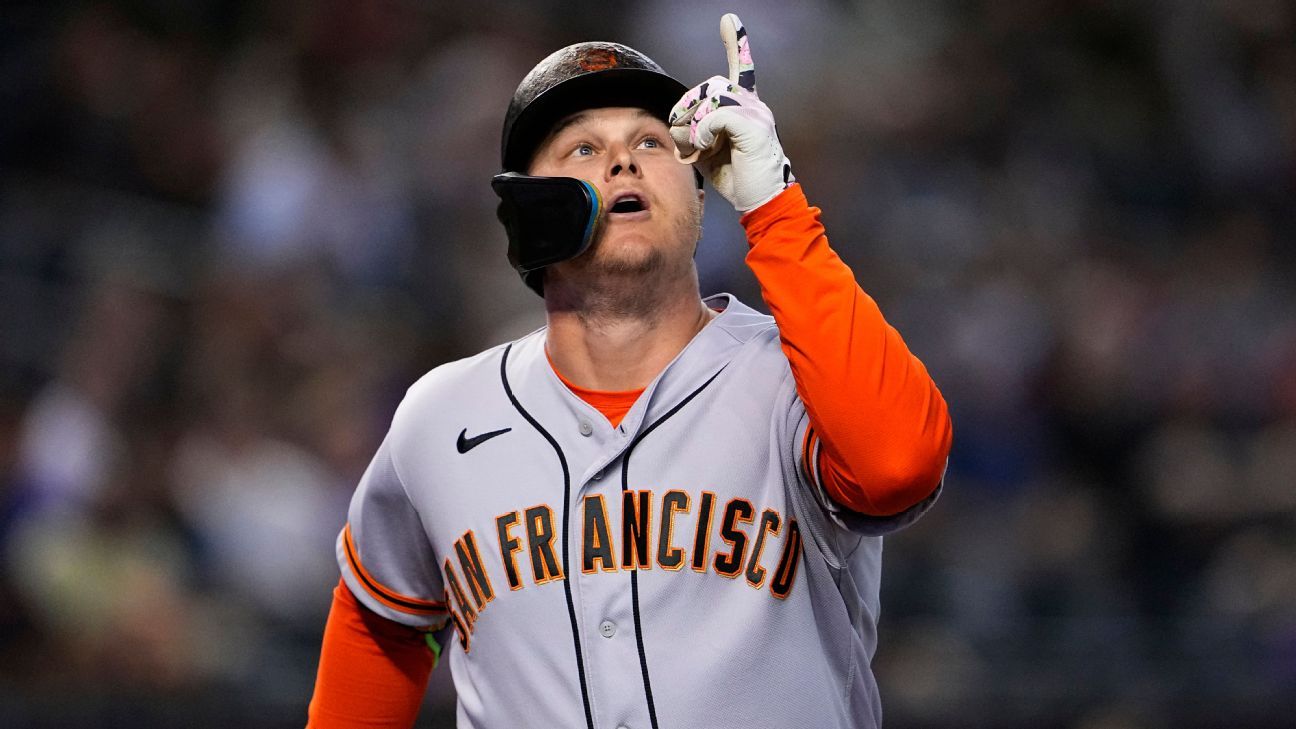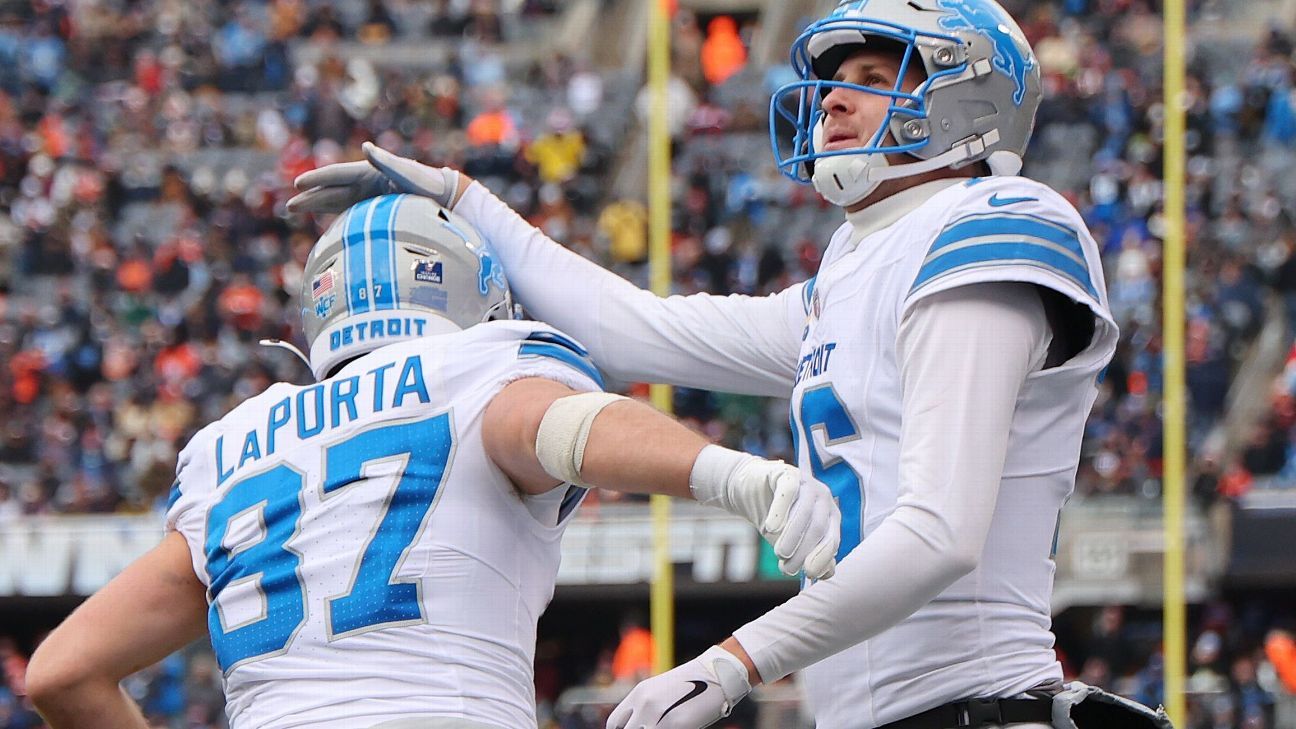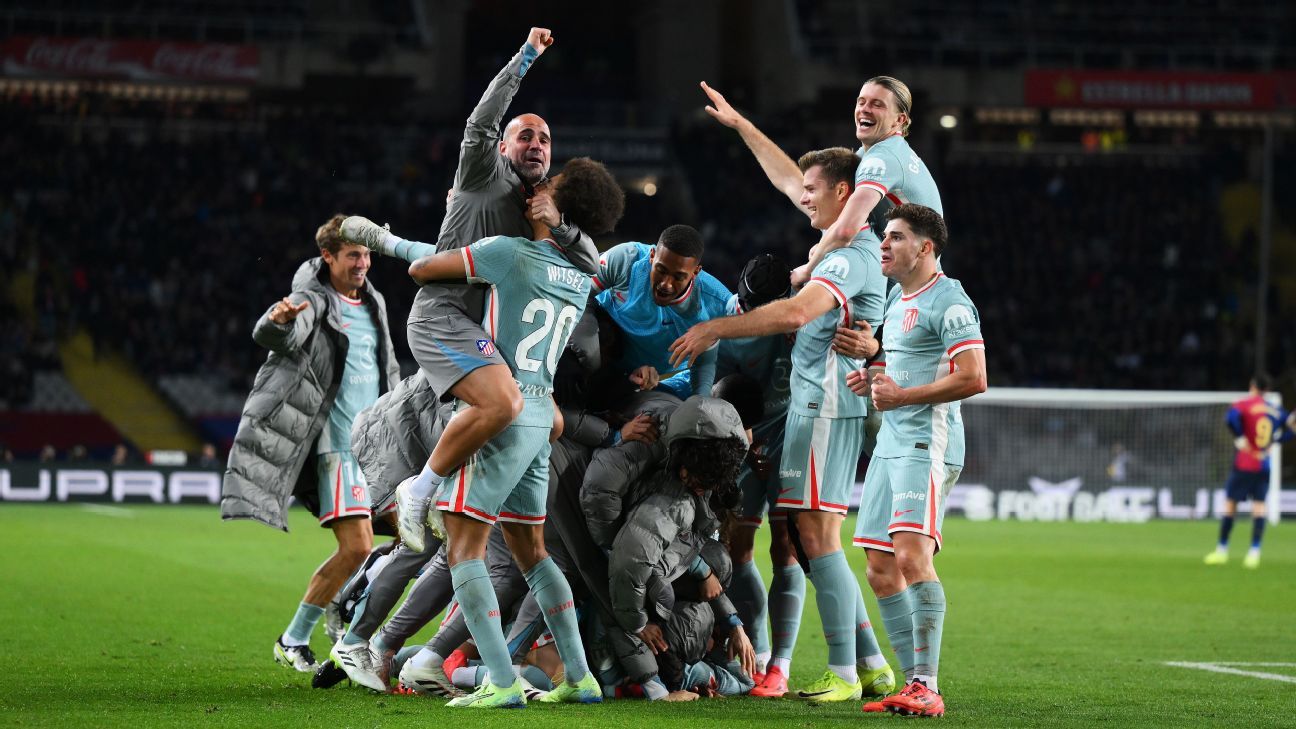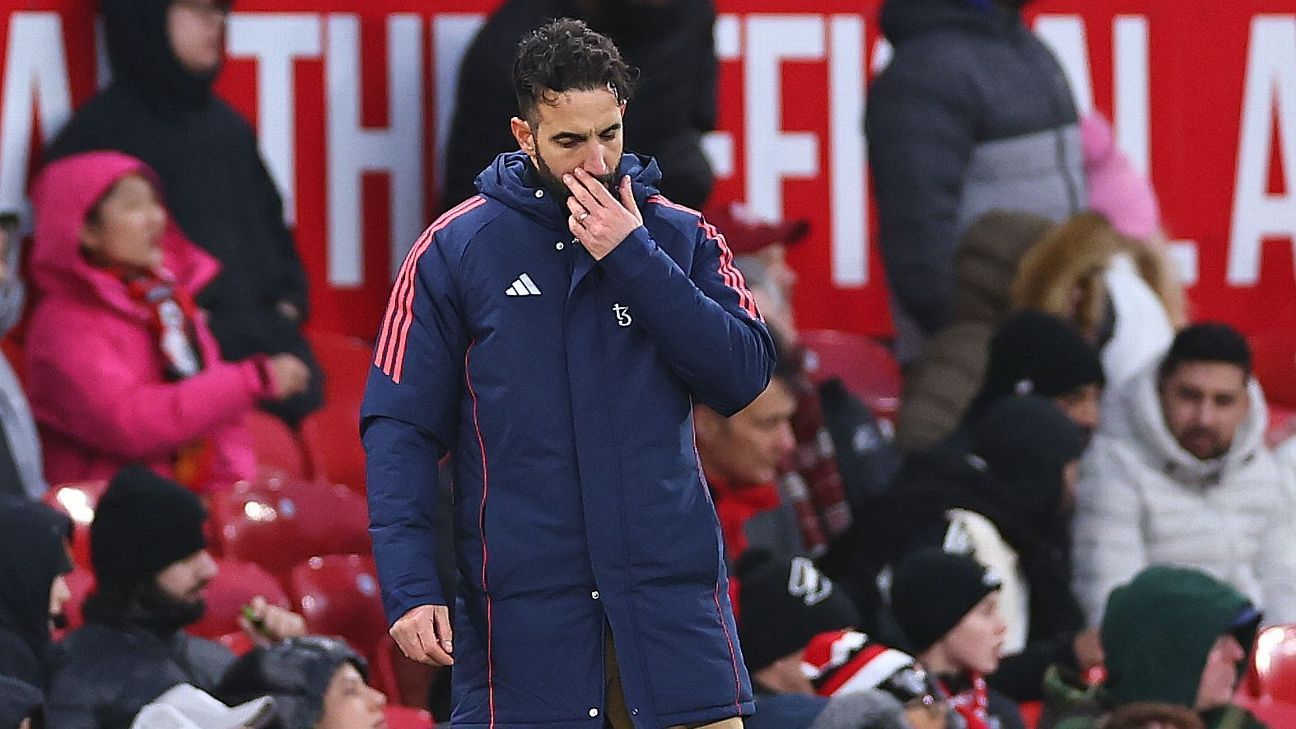Sergio Pérez‘s exit from Formula 1 is a sad end to what at one point seemed like a long-overdue bit of recognition for one of the sport’s most underrated drivers.
Pérez and Red Bull confirmed their split on Wednesday, bringing to an end weeks of negotiation about an exit from a race seat. RB driver Liam Lawson is expected to be announced as his replacement.
“Checo” Pérez had two options on the table: stay with Red Bull for at least one of the two years in the contract extension he signed in May, albeit in an ambassadorial role, or walk away completely. Eventually the two parties decided to part company entirely, although the fact their agreed announcement time was delayed by an hour highlighted the tense nature of the negotiations on either side.
Wednesday’s announcement came exactly four years on from Pérez’s signing in 2020, which came just days removed from his first F1 victory at the Sakhir Grand Prix. It had taken him a record 190 races to score his first win, and the move finally felt like the opportunity for one of the grid’s most unheralded talents to finally get an opportunity in a front-running car.
Pérez’s career had stalled in 2013, when he made the brave decision to leave the Ferrari driver academy in favor of a race seat at McLaren, a move that ended in tears after one season. The Red Bull move offered Pérez a chance at redemption.
Fast forward those four years and Pérez’s reputation is in tatters and his future looks uncertain, although walking from Red Bull will give him plenty of racing options for the coming year. He might well find interest from the incoming Cadillac team, which has an agreement in principle to join the F1 grid in 2026 as an 11th team. Pérez’s huge marketing pull in North America will make him an attractive proposition.
That he is even in this situation is remarkable given the fact that he signed a two-year contract extension in May of this year. That deal ironically marked a turning point in Pérez’s season, in that he never appeared on the podium again after that. Red Bull had been encouraged by his solid start to the year, which saw second-place finishes in Bahrain, Saudi Arabia and Japan, and a third-place finish in China. After finishing fourth at the Miami Grand Prix in May, though, he would never feature in the top five of an F1 race again.
Crucially, his form dipped just as McLaren emerged as Red Bull’s nearest rival. Lando Norris won in Miami and soon he and teammate Oscar Piastri were leading a resurgence in form that would eventually lead the papaya team to the constructors’ title. Pérez’s spiral opened the door for that outcome.
An expensive crash followed Miami at the Monaco Grand Prix, costing Red Bull upward of £3 million in damages, before Pérez spun into the wall two weeks later in Canada. Serious tensions within the team grew in June and July regarding Pérez’s performances.
Sources have told ESPN that several senior engineers privately vented to Horner after Pérez qualified 19th at the British Grand Prix, a race eventually won by Lewis Hamilton‘s Mercedes after McLaren had locked out the front row. Most puzzling of all for Red Bull was that any changes made behind the scenes, whether it was to processes or setups, did not seem to work. Even a brief change in race engineer after the summer break, prompted by Hugh Bird going on parental leave, did not kickstart anything for the driver of the No. 11 car.
“It’s been a culmination of things,” Horner told ESPN about Pérez’s departure. “Checo started the season so strongly, four podiums out of five races. It felt like he’d taken off where he’d left off last year. But then really from Monte Carlo, that race onwards, it’s been a very tough year for him, and we’ve tried everything with him and supporting him and basically he’s come to his own conclusion that I think that now is the right time to step away from Formula 1 to take a bit of time out.”
Red Bull insists the decision was down to Pérez, and that the team stuck with him for as long as it could. He was essentially sacked, though, with Red Bull making it clear that they would not continue with him beyond this season.
The narrative around Pérez swung back and forth. Ahead of the summer break, there were rumors he was about to be replaced by Daniel Ricciardo, but the Australian’s own shaky form made that untenable for Red Bull.
Complicating Red Bull’s decision further were multiple other factors. Sources have told ESPN that Red Bull quickly came to regret the extension they gave to Pérez, one that was negotiated by his manager, Julian Jakobi — a paddock legend from stints overseeing the careers of Ayrton Senna and Alain Prost. It is understood that he drove a hard bargain at both ends of the deal, both when signing it and when Red Bull started talking about the parties moving on late in the year.
Pérez briefly felt some vindication after the break when teammate Max Verstappen started to complain about Red Bull’s car just as he had been doing. By then the RB20’s wayward handling was so extreme that even the quadruple world champion could not drive around it.
“Some people don’t understand it, especially from the media side, that different driver styles can come to different conclusions,” Pérez said in September. “The problem was … Well, not the problem — the good thing was that Max was less sensitive to it than I was. Ten, twelve races ago, I was complaining about these issues, but now they are so big that even Max is feeling them. I think the solution will benefit me even more with my style.”
While Pérez had a fair point, here is what worked against him: Verstappen himself. Not on a personal level — Verstappen has always been a keen supporter of Pérez and has valued having such an experienced teammate offering feedback, especially during tough moments like those in the middle of 2024 — but as Red Bull’s struggles intensified and Ferrari, Mercedes and McLaren began swapping wins, Verstappen started doing what Verstappen does best: maximizing the potential of his car every weekend.
That shined a harsh light on the contrast in their performances. Common paddock consensus for much of the end of this season was that Red Bull’s true car pace would likely be somewhere between the underperforming Pérez and the remarkable Verstappen.
The biggest issue facing Red Bull now will be ensuring Lawson is not the next driver to be chewed up and spat out alongside Verstappen — a fair concern given the 22-year-old has just 11 races to his name.
Lawson’s promotion to Ricciardo’s RB seat the U.S. Grand Prix further accelerated Pérez’s demise. Racing advisor Helmut Marko felt the New Zealander was a contender to make an immediate step up to Red Bull if the team needed him to in 2025. Lawson impressed on his return, showing some aggressive race craft (against Pérez on numerous occasions) and doing the most important thing: not crashing.
Marko was also keen for the team to consider Lawson’s teammate, Yuki Tsunoda. While it does seem as though there was a point late in the year when the Japanese driver had at least an outside shot, Lawson was always the favorite to make the step up. Red Bull simply feels the upside to Lawson is higher than it ever has been with Tsunoda, who tested a Red Bull at the season-ending test in Abu Dhabi.
Still, making a change was Red Bull’s unfavored option. Sources have told ESPN that Red Bull clung on to faith with Pérez as late as his home race in Mexico, but he failed to make it out of Q1 and then had a messy race. A senior team member told ESPN at the time that if a turnaround was not going to come in front of an adoring home crowd, where Pérez has lost none of the passionate fanbase’s goodwill, then it was unlikely going to come from anywhere. Another poor performance followed in Brazil, again contrasted by what might turn out to be Verstappen’s greatest career drive, surging from 17th to first in the rain. Pérez finished 11th.
Here’s where the process got complicated. Talks to get Franco Colapinto were at an advanced stage, sources have told ESPN, but Red Bull was left unsure about pursuing the option after the Williams rookie started crashing more frequently in the final races. Marko, the godfather of the team’s driver program, has always looked for patterns when assessing young drivers and he was left unsure whether Colapinto was worth the money it would take to prize him away from Williams.
A change in mindset has also occurred at Red Bull in the past few months.
Pérez’s signing ahead of the 2021 season was a major deviation from the team’s ethos of promoting from within, after Pierre Gasly and Alex Albon had flamed out in quick succession. It had worked initially, with Pérez proving to be an ample teammate to Verstappen in 2021 and scoring two wins apiece in 2022 and 2023. Marko had been burned by his insistence in signing Nyck de Vries, with the Dutchman being sacked barely halfway into 2023. He was replaced by Ricciardo, a Red Bull driver program graduate but someone who had turned his back on the company in 2019 — something Marko could never forget.
When Ricciardo’s form faded late in the year, it was the perfect opportunity to put Lawson in his seat. With Pérez showing no sing of improving, Red Bull realized it had to follow the growing trend around the grid in backing its own young talent. This was paramount to team founder Dietrich Mateschitz, who died in 2022, and the likes of Marko felt the team had strayed from that and ultimately paid the price.
Around Qatar, talks started with Pérez about the next steps of his contract. Sources say Jakobi pushed hard for Red Bull to pay even more money than Pérez’s estimated $8 million salary for him to move across into an ambassadorial role, which would have represented a humiliating move for such an experienced, race-winning driver, but Red Bull balked at the idea of paying him even more.
Publicy, Pérez denied anything was amiss at the end of the season. Bizarrely, on the eve of the Abu Dhabi Grand Prix, his father took to social media threatening to publish a list of media “liars” who had reported Pérez was due to leave the team. That list never materialized; exit talks were already at an advanced stage. Publicly, the Pérez camp insisted everything was fine until after his early exit from the Abu Dhabi Grand Prix, when he first confessed he was in talks with Red Bull about leaving the team.
A year out may well do Pérez good. He has won six races in his career and, before being destroyed by Verstappen, had a stellar reputation. His name will certainly feature prominently in the driver market news that will swirl around in 2025.

